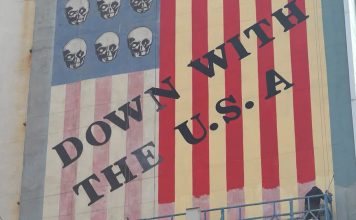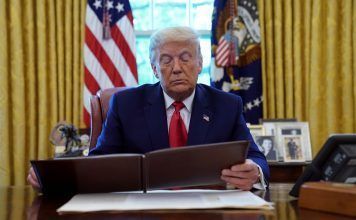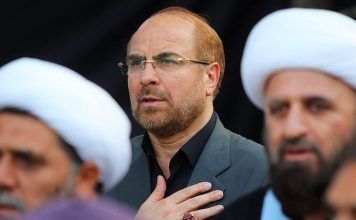COVID-19 infections rose again in Iran this week. Confirmed cases exceeded 350,000, while Iran’s Health Ministry recorded over 20,000 COVID-19 related deaths.
The U.N. Security Council rejected a U.S. proposal to extend an arms embargo on Iran set to expire in October. The embargo is part of the beleaguered 2015 nuclear deal, which the Trump Administration believes should be set aside.
In response to the U.N. Council’s decision, the U.S. triggered a “snapback” provision to reimpose all previous sanctions on Iran, in a letter accusing the Islamic Republic of non-compliance and starting a 30-day period which once ended could lead to a “snapback” of U.N. sanctions.
The remaining parties to the Joint Comprehensive Plan Of Action (JCPOA) also sent letters to the Council saying they did not recognize the U.S. decision to invoke the snapback. JCPOA parties, Germany, France and Britain support the nuclear deal, and see the reimposition of sanctions as an obstacle to keeping the deal alive.
A U.N. affiliated court has found a member of Iran-backed Hezbollah guilty of conspiring to kill former Lebanese Prime Minister Rafik al-Hariri in 2005. The militia group said it did not recognize the court or its verdict. The Iran-sponsored proxy has denied any involvement in the assassination.
Three other men charged as accomplices, also linked to Hezbollah, were acquitted, as judges said there was insufficient evidence to convict the three defendants. Hariri’s son said he would not rest until justice had been done and said it was time that Hezbollah took responsibility for his father’s death.
And a peace deal between Israel and the United Arab Emirates (UAE) was reached this week. Iran sees the deal as a betrayal by the UAE, which it has diplomatic relations with and a large Iranian community within the Gulf State. The pact is seen as a way to establish regional opposition to the Islamic Republic, which is currently a regional power in the Middle East.
Iran’s President Hassan Rouhani called the deal a “huge mistake.” Responding to the criticism, UAE Minister of State for Foreign Affairs Anwar Gargash said the treaty was a “sovereign decision” that was not directed at Iran.







